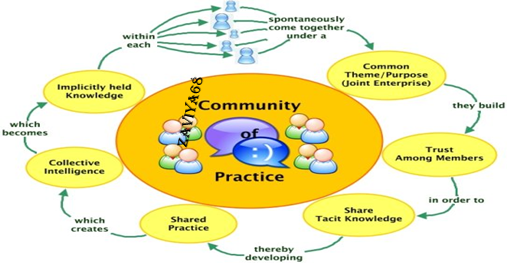Avoiding stress is a goal many people strive for, and while it's impossible to eliminate stress entirely from our lives, there are several strategies you can adopt to manage and reduce it. Here are some effective ways to avoid stress:
Practice Time Management:
Properly managing your time can help you prioritize tasks, set
realistic goals, and prevent feeling overwhelmed. Create a daily or weekly
schedule to allocate time for work, relaxation, and leisure activities.
Set Realistic Goals:
Setting achievable goals helps you
avoid the stress that comes from constantly feeling like you're falling short.
Break down larger tasks into smaller, manageable steps to maintain a sense of accomplishment.
Healthy Lifestyle:
Regular
exercise, balanced nutrition, and adequate sleep contribute to your overall
well-being and help your body handle stress more effectively.
Mindfulness and Meditation:
Engage in mindfulness practices and meditation to stay present and reduce
anxiety. These techniques can help you develop a greater awareness of your
thoughts and emotions, allowing you to respond to stressors in a calmer manner
Limit Exposure to Stressors:
Identify and minimize sources of stress in your life, whether that involves reducing time spent on certain activities, setting boundaries, or avoiding triggering situations.
Develop Problem-Solving Skills:
Enhance your ability to handle challenges by developing strong problem-solving and coping skills. This can help you feel more in control when faced with stressful situations.
Practice Relaxation Techniques:
Explore relaxation techniques such as deep breathing, progressive muscle relaxation, or guided imagery to help you calm your mind and body during times of stress.
Engage in Enjoyable Activities:
Pursue hobbies and activities that bring you joy and
relaxation. Engaging in activities you love can serve as a healthy outlet for
stress and provide a sense of accomplishment.
Limit Technology and Screen Time:
Excessive use of technology and screens can contribute to stress and anxiety. Set boundaries on your screen time, especially before bedtime, to promote better sleep and reduce stress.
Learn to Say No:
It's important to recognize your limits and not overcommit yourself. Politely decline additional responsibilities when your plate is already full.
Note
Remember that everyone's journey to managing and reducing stress is unique. Experiment with different strategies to find what works best for you, and be patient with yourself as you develop healthier ways of dealing with stress. Therapy and counseling can provide you with effective coping strategies and tools.












-min.png)